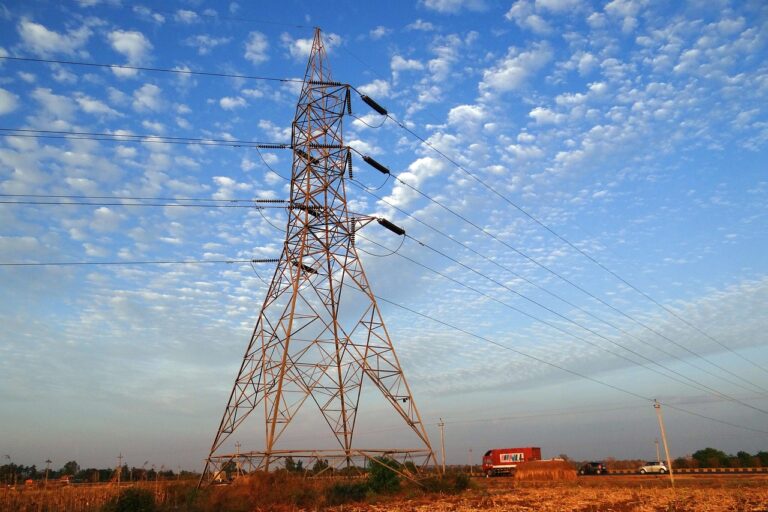The Influence of Confirmation Bias in Political Discourse: Goldbet login, Tiger exchange login password, Betbook247 login
goldbet login, tiger exchange login password, betbook247 login: Confirmation bias plays a significant role in political discourse today, influencing how individuals perceive information, form opinions, and engage in discussions. This cognitive bias refers to the tendency to seek out, interpret, and remember information that confirms preexisting beliefs or attitudes while disregarding any evidence that contradicts them.
In the realm of politics, confirmation bias can be particularly strong. People often surround themselves with sources of information that align with their political views, such as news outlets, social media platforms, and like-minded individuals. This selective exposure can lead to a reinforcement of existing beliefs, creating an echo chamber where dissenting opinions are dismissed or ignored.
The influence of confirmation bias in political discourse can be detrimental in several ways. It can lead to polarization, where individuals become more entrenched in their positions and less willing to consider alternative viewpoints. This can hinder constructive dialogue and compromise, making it difficult to address complex issues and find common ground.
Furthermore, confirmation bias can contribute to the spread of misinformation and fake news. When individuals only seek out information that confirms their beliefs, they may be more susceptible to accepting false or misleading information that aligns with their preconceptions. This can perpetuate falsehoods and distort public discourse, making it harder to distinguish fact from fiction.
To combat the influence of confirmation bias in political discourse, it is essential to cultivate critical thinking skills and develop a willingness to challenge one’s own beliefs. This can involve seeking out diverse sources of information, engaging with opposing viewpoints, and being open to reconsidering one’s opinions in light of new evidence.
By actively addressing confirmation bias and promoting intellectual humility, we can strive to create a more informed and inclusive political discourse that values reasoned debate, empirical evidence, and respectful dialogue.
—
**FAQs**
**1. What is confirmation bias?**
Confirmation bias is the tendency to seek out, interpret, and remember information that confirms preexisting beliefs or attitudes while disregarding any evidence that contradicts them.
**2. How does confirmation bias influence political discourse?**
Confirmation bias can lead to polarization, misinformation, and a reinforcement of existing beliefs, hindering constructive dialogue and making it difficult to address complex issues.
**3. How can we combat confirmation bias in political discourse?**
To combat confirmation bias, it is essential to cultivate critical thinking skills, seek out diverse sources of information, engage with opposing viewpoints, and be open to reconsidering one’s opinions in light of new evidence.







